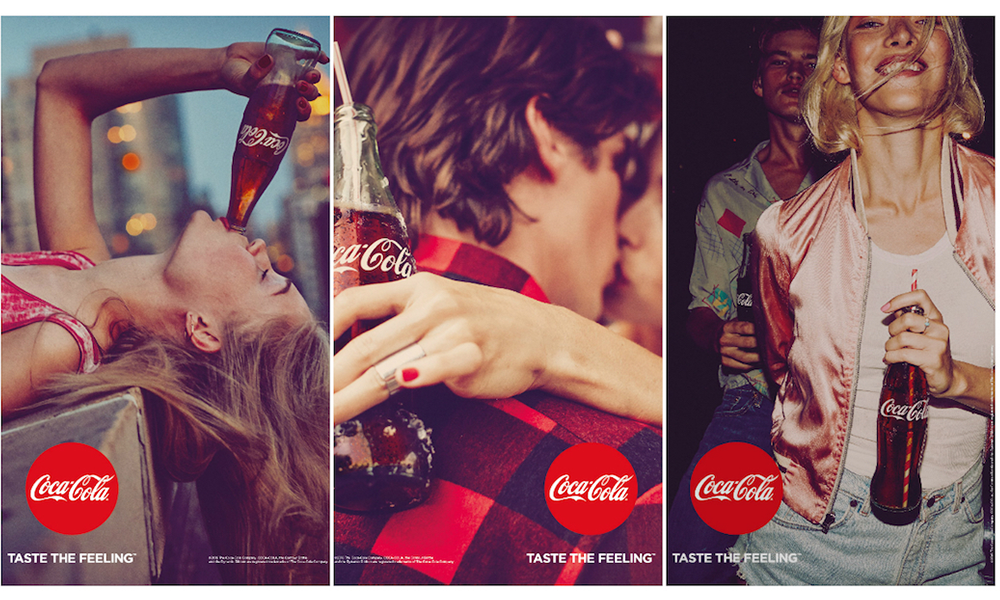A brand for social change? The myth of Dove's 'real beauty'
Meredith Nash, University of TasmaniaWhy do women decide not to choose beautiful? That’s the question Dove, the global beauty brand, asks in its latest advertisement. The video – see below – is part of Dove’s campaign for “real beauty”, a range of marketing activities that reflect Dove’s philosophy that “real” beauty for women is “inclusive, attainable and rooted in taking good care of one’s self”.
Since 2004, Dove’s advertisements for personal care products have been designed to arouse women’s emotions against dominant notions of beauty that are premised on thinness, whiteness and perfection. The ads regularly feature “real” women and girls of varying ages and body shapes.
Understandably, Dove’s campaign has been very popular with female consumers. Every time a new video ad is released my Facebook and Twitter feeds become filled with (mostly female) friends remarking on how wonderful it is to see a company with a conscience.
Body image insecurities
Women in the West often have deeply troubled relationships with their bodies, starting from a very early age. Women also tend to be more critical of their bodies than men.A recent study revealed that body image is one of the top three concerns of Australian girls between the ages of 15 and 19. Of the 8,000 girls surveyed in the study, 43% said they were concerned about how they looked.
According to Eating Disorders Victoria, low self-esteem and poor body image increase the chances that a person will develop an eating disorder. Currently, 90% of Australian eating disorder sufferers are girls and women. Similar trends around poor body image are also seen in the United States and the United Kingdom.

Feminist activists such as Jean Kilbourne have argued that the endless stream of media images and advertisements featuring ultra-thin, tall, and perfect looking models in popular culture has contributed to this culture of negative female body image.
Given these trends, Dove’s question about why women avoid cameras cleverly taps into women’s emotions of bodily self-hatred. The brand positions itself in a “feminist” role - as an advocate for women - committed to social change.
But before we heap more praise on Dove for sparking a world-wide movement of female body confidence, we need to cast a more critical eye on the notion of “real beauty” and Dove’s position as a brand manufactured by a multinational corporation.
What’s the problem?
In spite of its (very effective) emotive appeal to female consumers to challenge beauty norms, paradoxically, Dove’s “real beauty” advertisements capitalise on women embracing cultural beauty standards. Dove’s marketing strategy is premised on the same idea that advertisers have been selling women for decades - that what is most important about women is how they look.The campaign is troubling because Dove asks women to accept the myth that there is such a thing as “real beauty” and that achieving it is important for women. However, women can only achieve self-acceptance and a positive body image as consumers of Dove products.

In this way, Dove places the responsibility for becoming a “real beauty” back on to girls and women. Rather than being a genuine advocate for social change (the goal of feminism broadly), Dove’s advertisements evince a post-feminist sensibility. Post-feminism refers to an “undoing” of second-wave feminist gains (women working in paid jobs, securing reproductive rights, participating in higher education, and so on).
Post-feminism is aligned closely with consumerism - women supposedly become “empowered” when they make purchases. It is tied to women’s individual gains - detached from the institutional change that has been central in feminist movements.
Dove does not seek to create awareness of the fact that body image and rising rates of eating disorders throughout the West are social issues that are intimately linked with the beauty industry.
In contrast, as long as women are convinced that “real beauty” is important, Dove is able to distance itself from its position as a producer of oppressive bodily ideals. Dove is owned and manufactured by Unilever, a multinational company. A post-feminist sensibility aligns with Unilever’s corporate interests – the company profits enormously from women participating in Dove’s branding strategy.

Ironically, Dove’s feel-good, body positive messages draw our attention away from Unilever’s other brands including Slim Fast (for weight loss) and Fair & Lovely (skin lightening cream).
So before you go and re-post the new Dove video on your Facebook page and share it with your friends, remember this: feminism is about social change and Unilever is not a genuine advocate for women. The Real Beauty campaign is nothing more than a cleverly disguised ploy to sell women more products that they don’t need.
Don’t buy into it.
Meredith Nash is Lecturer in Sociology at University of Tasmania.
This article was originally published on The Conversation. Read the original article.














0 comments:
Post a Comment